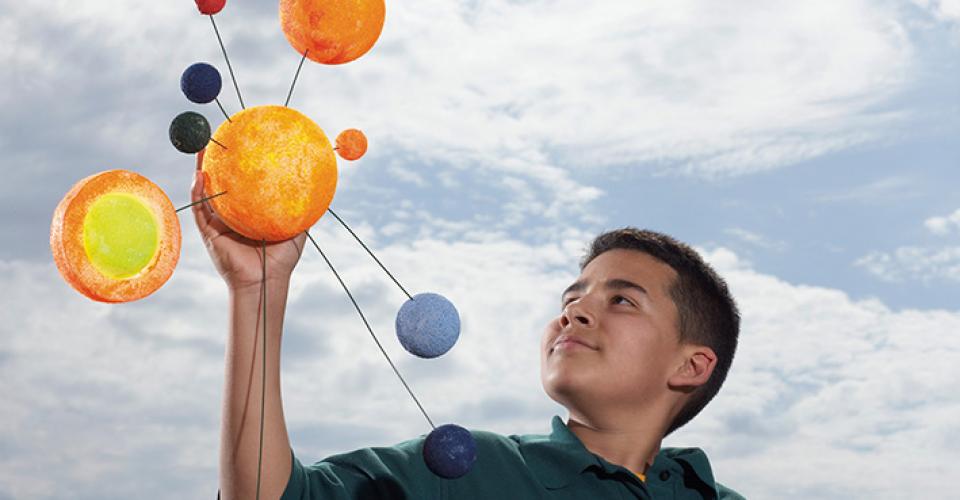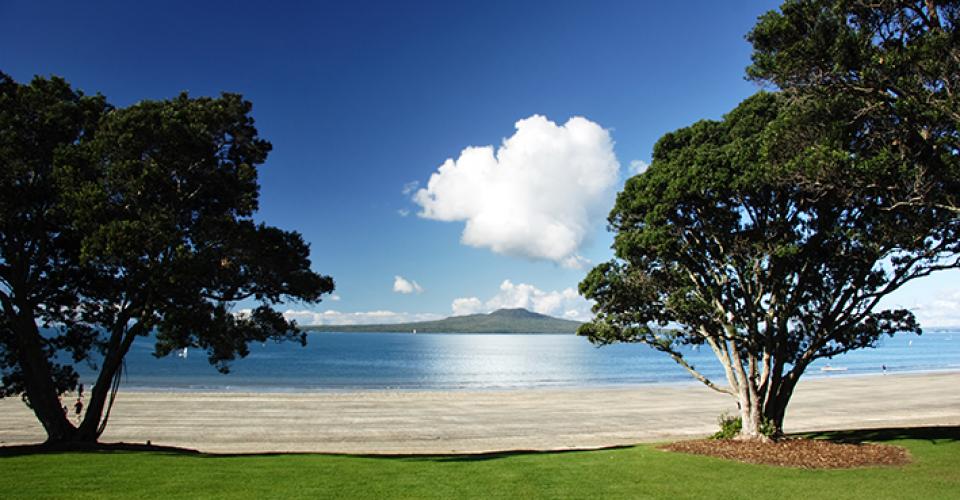Revolutionary science is not out of our reach
03/03/2014Hoani Ponga communicates between stakeholder groups and science teams within AgResearch.
 How do you describe what you do?
How do you describe what you do?
My job title is Stakeholder Relationships Manager (SRM) – Māori. As the name suggests, my job is to manage or broker relationships with Māori stakeholders for AgResearch. A better way to describe what an SRM does is “science translation”. An SRM’s job (there are others like myself for various sectors i.e. sheep and beef, dairy, etc) is to understand the business issues and research needs of a specific sector, then connect those needs and opportunities to the science teams and disciplines that exist within AgResearch, in order to diagnose what might be the best course of action to address those needs.
What do you enjoy about working in science?
Science is fascinating and a good medium to feed my curious and exploratory nature. While I wouldn’t consider myself to be a fully-fledged scientist by any means, as I am just as passionate about tikanga and Matauranga Māori, I find that the two disciplines can be complimentary to one another and a lethal combination when you are trying to grapple with people with very diverse worldviews.
What have been some of the challenges you’ve faced in your field?
Some of the biggest challenges I have witnessed in this field is a lack of young Māori scientists coming through the education system to take on science as a career of choice.
The low-level uptake of scientific-based research outcomes lead by Māori stakeholder organisations is also a major issue.
I think in both instances, Māori in general are still warming to the possibilities that science might offer them, and the potential pathways it might provide their business in the future. The possibilities are endless – an emerging Māori scientist that travels the world presenting research papers at international forums or leading a Māori business that is on the cutting edge of some breakthrough science that could revolutionise the agribusiness sector is not outside our reach.
Were you interested in science at school, and what was your academic path after school?
I was never wildly passionate about science to begin with – especially chemistry, but by the time I was in my senior years at secondary school, I developed an appetite for biology. By chance, my English teacher’s daughter gave a presentation in my final year at school that inspired me to enrol the very following year in a marine science course at Bay of Plenty Polytechnic. By that stage I was already hooked on scuba diving so to study, play and do what I loved sounded like a good plan for me.
My transition from study to the various work opportunities I have had over the years, have always lead me along a similar path – translating science to Māori and translating Māori aspirations to science organisations.
How do you think your job might change over the next five or ten years?
It is my hope that science organisations will become better at understanding the needs of Māori business, and doing business in such a way that brings their collective strengths to the fore. Māori organisations across New Zealand will most definitely adapt to the changing business and environmental landscape and become more and more open to non-traditional methodologies, science speak, diverse management approaches and new technologies. In the next five to ten years, I am predicting that research and development will become second nature to Māori leaders and governors, so there will likely be less of a need for a role like mine to exist with a non-Māori organisation in the future.
Therefore, a ‘whole of government’ approach could occur, whereby more dedicated resourcing will be focused on commissioning key roles.
These roles would be much more dynamic in their approach to define, determine and unlock the long-term social, environmental, economic and cultural needs of Māori.

























Post your comment
Comments
No one has commented on this page yet.
RSS feed for comments on this page | RSS feed for all comments